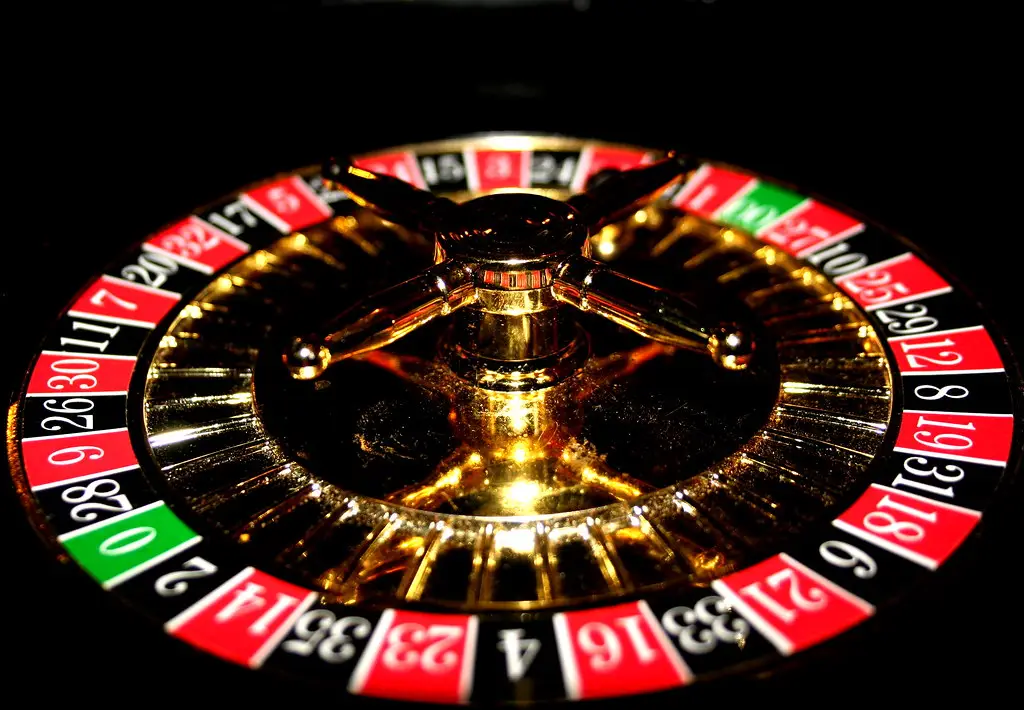Gambling is not about magic. Its structure is based on two technical pillars — RNG and RTP. The difference between these indicators determines how the software calculates probability, how transparent it operates, and how the operator conducts payouts. Despite the key role of these concepts, thousands of players still confuse them, mistakenly attributing one function to the other.
To avoid misunderstandings and ensure a maximally safe gaming experience, it is important to understand the difference between RNG and RTP, how they interact, and why regulatory audits require precise adherence to algorithmic transparency.

How Random Number Generator Works
What is RNG? It is a mathematical algorithm that generates completely unpredictable combinations. The random number generator in online casinos creates a randomized chain of symbols that is independent of previous or future results.
Each spin in slots starts with a command from the software, initiating the randomness algorithm. For example, when placing a bet in the form of spinning a reel, this indicator records the result instantly — before the image appears on the screen.
Technically, a cryptographic protocol or a pseudo-random system is used, undergoing audits:
- license from regulatory bodies (e.g., MGA, Curacao, UKGC);
- certification from laboratories (e.g., iTech Labs, GLI);
- mandatory audit for randomness and the mathematical win model.
The difference between RNG and RTP here is evident: the former creates the game as a process, while the latter represents it as financial statistics.
What Return to Player Measures
What is RTP? It is the theoretical percentage of player payouts over a long period. For example, a 96.2% indicator means that out of 100,000 $1 bets, the system theoretically returns $96,200 back to the game.
This is not a guaranteed win but an averaged result over a million spins. One session can yield x1000, while another can deplete the deposit to zero.
To achieve balance, the operator and provider use a pre-encoded return coefficient in the software. Licensed laboratories conduct checks, and any attempt to alter this indicator without permission violates regulatory conditions.
The difference between RNG and RTP here lies in the approach. The former determines “what will come up now,” while the latter answers the question “what return will the player get over a hundred thousand games.”
Where the Difference Between RNG and RTP Is Hidden: Logic Inside the Numbers
Algorithms shape the structure, and the difference between the concepts manifests in fundamentally different tasks. The random number generator is a tool of chaos, while the return percentage is a tool of statistics. One is unpredictable, the other is calculated. One acts in the moment, the other describes infinity.
It is important to note:
- RNG is independent of RTP. Even with a 97% return, a player can lose 100% due to randomness.
- RTP is predetermined. It is written in the code and does not change with each spin.
- RNG is like a real-time lottery machine. RTP is like financial reporting in the distance.
The essence of the difference lies in this: one indicator creates an instantaneous event, while the other reflects the mathematical perspective. Understanding these principles changes the perception of the game and participation strategy.
Why It Is Important for a Player to Understand the Difference Between RNG and RTP
Lack of understanding leads to erroneous conclusions. For example, the opinion that “the slot is set to lose” or “the machine remembers losses and compensates” is often heard. In practice, this is impossible.
The reason is the independence of the randomness algorithm from any past result. A slot with a 95.7% return rate can deliver 5 consecutive x2000 wins or give nothing for 300 spins in a row — all within the realm of mathematics.
To avoid falling into the trap of illusions, a player not only studies the slot description but also checks:
- if the return percentage is published;
- who audited the random number generator;
- if the operator is licensed;
- if the software provider is known.
Only in this way can fairness, safety, and transparency be guaranteed — key conditions of any regulated online casino.
What the Difference Between RNG and RTP Conceals in the Context of Operators and Providers
Any gambling platform uses two levels of technical control: the operator launches the game, and the provider creates the software.
The provider is responsible for the correct operation of the random number generator and embeds a fixed return percentage for the player in the code. The operator cannot interfere with the algorithm. This is where regulation comes into play: the license prohibits editing or readjusting return parameters without approval from the laboratory.
The difference between these indicators is not just theoretical. During checks, the laboratory runs 10 million spins, records the results, compares them with the stated return coefficient, and ensures the randomness of the randomness algorithm.
How to Identify a Fair Platform
A fair online casino can be easily recognized by a combination of transparent algorithms and a documented reputation. It is important not to trust promises but to verify facts and those behind the game mechanics.
Checking a platform for reliability based on RNG and RTP parameters:
- Presence of a license from recognized jurisdictions (MGA, UKGC, Kahnawake, Curacao).
- Verification of software from authoritative providers (NetEnt, Play’n GO, Pragmatic Play).
- Audit certificate from laboratories (GLI, eCOGRA, iTech Labs).
- Public RTP with clear percentage indication (not less than 95%).
- Full algorithm transparency, absence of RNG manipulations.
- Regular reports published in open sources or on the casino’s website.
- Absence of player complaints about forced losses or frozen winnings.
- Stable payouts without administrator “manual intervention.”
These parameters allow distinguishing fair play from dubious online platforms.
Why RNG and RTP Are Confused and How to Avoid Mistakes
Players often equate the terms “random” and “return,” assuming that the slot pays out based on the amount wagered. This mistake is caused by the lack of accessible information and operators’ reluctance to explain technical details.
Causes of confusion:
- lack of visualization of the difference between RNG and RTP;
- deceptive schemes in illegal casinos;
- insufficient level of regulation among some operators.
The solution is access to certified platforms and understanding the basic logic: randomness is governed by one block, return by another, and there is no connection between them at the moment.
Where the Difference Between RNG and RTP Is Truly Important
Technological transparency determines not only trust but also compliance with international standards. RNG and RTP in online casinos must work synchronously but independently. Any deviation from this logic violates the mathematical game model.
For example, licensed platforms publish not only the player payout percentage but also audit data: number of checks conducted, deviations from the norm, randomness algorithm used. This is not “extra information” but a mandatory requirement for operators regulating their activities by law.

Conclusion
The difference between RNG and RTP lies not in terms but in the essence of the gaming process. One parameter shapes the uniqueness of each round, while the other regulates the long-term financial model.
Without understanding these principles, it is impossible to adequately assess the fairness of a slot, the probability of winning, and the level of risk.
 en
en  de
de  ar
ar  es
es  nl
nl  hi
hi  fr
fr  it
it  pt
pt  el
el 











